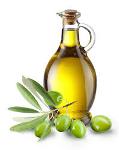
The olive oil industry has faced many challenges, such as the growing demand, special demands from specific markets, the instability of producer’s prices, the phenomenon of intense competition on the shelf. Italy and Spain do not leave much room for share, while at the same time new countries enter the market, making the competition even tougher. In addition, we have to deal with the new conditions imposed by the COVID-19 pandemic.
In this environment, and despite any problems, opportunities for the development of standardization and exports of the olive oil are clearly created. Many consumers gain more knowledge about the nutritional value of quality olive oil by changing their nutritional habits and searching for products with an upgraded quality profile. Thus, they are looking for certified products, safe, with a stable taste and value, and the prospects for olive oil are good, as it is a staple food product, with recognized high nutritional value in many countries.
Lately, olive oil companies and organizations involved have made efforts to promote this excellent product and boost Cretan exports. Exporters have begun realizing that excellent product quality is not enough to establish their products abroad, but they also need to focus on other features, such as product appearance (packaging, label), certifications, awards. At the same time, they are renewing their mechanical equipment, developing ideas and producing innovative products. As a result, more and more branded Cretan olive oils occupy prominent positions on shelves of large super – market chains abroad. However, any efforts made are not following a specific national strategy.
Despite the fact that exports of bottled olive oil have increased recently, the rate of this growth is slow and we still have a long way to go. Although over 65% of the total olive oil production of our country is classified in the category “Extra Virgin Olive Oil”, a percentage higher than the European average, we still export large quantities of olive oil (about 30%) in bulk to Italy and other countries. Also, exports of standardized olive oil are lower than 15% of our total production, while at the same time only 4% of the olive oil being exported to non-EU countries is Greek, in contrast to Portuguese which is 10%, Italian 33% and Spanish 52%.
The above data show an inability of the branded Greek olive oil to stand worthy on the shelves of the large distribution abroad and to claim not only recognizability but also added value. One of the main reasons for this is the long – term absence of export marketing strategy and structured promotion for Greek olive oil, when competing countries invest significant funds on it.
We therefore conclude that in order to improve the situation and create conditions for strengthening the exports of branded Greek olive oil, the companies need the assistance of the state. State and companies should join forces and, based on the principles of Regional Marketing, promote our local product and highlight its quality excellence and advantages. We can learn from the mistakes of the past, the right examples from competing countries, be flexible and see how this can finally be reflected in actions, activities and then, as a final valuation, in exports and statistics.

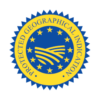
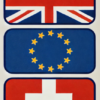
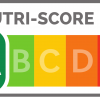

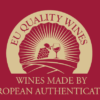

 Ελληνικά
Ελληνικά